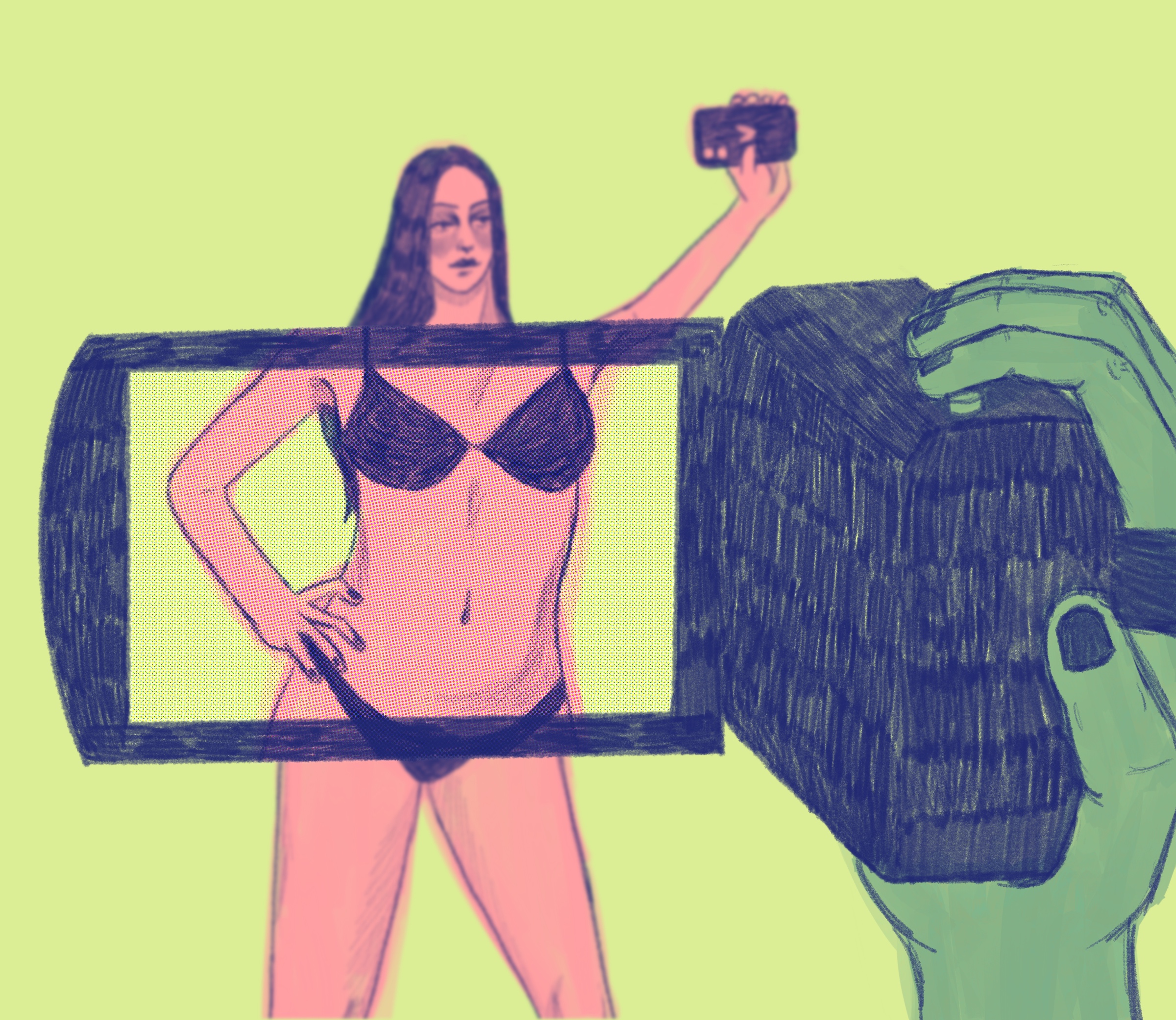Growing up, I always watched Bollywood movies because, in some ways, they are designed to fill you with joy. Songs, dance, and colorful costumes fill the screen while melodrama plays out in the background. While I love this genre, it never showed real people—at least, not the big blockbuster movies.
When I first saw that the movie “Gangubai Kathiawadi” would be discussing sex trafficking and women’s rights with a female lead, I was in disbelief. Surely, this film would have to have a romantic subplot or negative message somehow built into it.
When I saw it in theaters on February 28th, I was shocked at how a big blockbuster movie could talk about such serious topics while addressing the most marginalized in society with humanity and kindness. “Gangubai Kathiawadi” is about legalizing sex work in India, a topic I would have never expected in a genre that revolves around marrying into a “good family” and honoring the values of family, tradition, and discipline.
Sex work, sex workers, and prostitutes exist. Yet, society as a whole overlooks them and their jobs. The very way they make a living is criminalized, and this is a human rights issue. According to Human Rights Watch, the criminalization of sex workers leads workers who identify as women and LGBTQ+ to hide from law enforcement and therefore work in extremely unsafe areas, making them more susceptible to the violence of all forms. This same article also draws a line between sex work and human trafficking. While sex work is consensual, human trafficking is not. Therefore, we need/society needs to consider why certain types of work are criminalized.
Indian human rights and sex work advocates are trying to change the narrative around sex work in terms of cultural acceptance. Legally, things are changing as well. As of 2021, according to the New York Times article, the Indian government must support the social welfare of sex workers by granting voting rights. Because economic necessity leads many people to sex work, it is unfair for them to also have to sign away their citizenship rights such as voting in order to make enough money to survive.
This is an issue of dignity. No matter what someone’s occupation is, they deserve to be treated with full respect. Movies do not address this topic; it is too taboo within Indian culture. But, the industry is changing and is highlighting marginalized voices. It is talking about gender, socio-economic status, and society’s most oppressed and forgotten.
I never thought that a Bollywood movie would inspire me this much to educate myself on the rights of sex workers, and I hope more movies continue to boldly explore these topics. Concrete change can happen through legislation, but without changing culture, people will continue to implicitly feed into the cycle of oppression. Movies change the social culture or at least try to face the issue at hand.
While media is not a perfect representation of people’s real lives and problems, it does strive to address human rights crises in a way that is accessible to a large number of people. I hope that this particular Bollywood movie inspires a shift in the cultural dialogue in others, just as it has in my own circles.
Design by Amber Lee

Comments are closed.